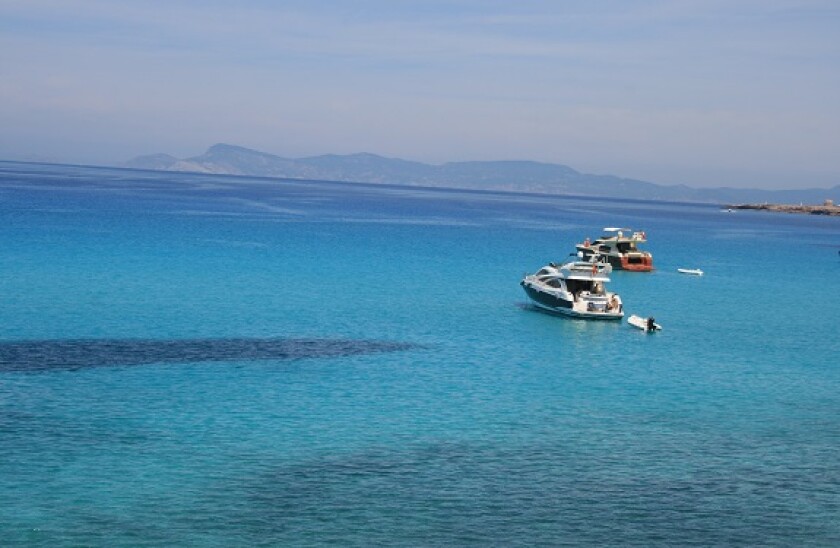BOC is a regular green bond issuer, and its $940m equivalent dollar-renminbi deal on Monday pushed it further into that market by adding a blue use of proceeds to the bank’s arsenal.
The deal stands out because blue bonds are still new globally, with only three previously sold around the world. BOC’s transaction is the first blue bond in Asia — as well as the first to be sold by a commercial bank or to be denominated in renminbi.
Understanding blue bonds is quite straightforward. They fall under the umbrella of green bonds. They do not operate as a separate category, but instead, focus on projects linked to the ocean. So far, this has included uses of proceeds linked to offshore wind farms, sustaining marine life and cutting back on sea pollution. The blue label is all-encompassing, as long as the ocean is involved in some way.
This may make the blue label seem unnecessary, and there are some arguments in support of that — that it’s just yet another title in the alphabet soup of the sustainable finance world. But there are some clear benefits to using a blue label.
Take the development of the green bond market, as an example. Issuers, and bond bankers, are quite open about the use of green labels as a marketing tool. Calling a bond green or sustainable gets media attention and proves to investors that a borrower is pursuing an SRI agenda. It allows the issuer to talk up its projects and discuss its efforts in a given field, while also giving investment banks a chance to brag about their focus on clients that emphasise good environmental, social and governance (ESG) standards.
A blue-labelled deal can have similar benefits too.
Care for the world’s oceans has gained more attention over the past couple of years as global campaigns to cut down on plastic pollution have resulted in efforts like plastic straw bans. Naturally, given the size of the oceans, there is much more that needs to be done.
The World Bank defines the blue economy as a sustainable use of ocean resources for economic growth, improved livelihoods and the health of the ocean itself. This includes projects related to fisheries, maritime transport, waste management, climate change, tourism and renewable energy.
All of these areas need financial support. Having a blue label available for bond sales can incentivise issuers to dedicate deal proceeds specifically to these projects. It draws attention to a specific area of green finance that can easily fall behind projects like renewable energy that may seem more easily attainable and explicitly green.
Of course, using the blue label comes in addition to the necessity of having green standards. After all, green investors are also blue investors and look at blue bonds through the same lens. Having global standards would offer investors some clarity over what investment options are dedicated to blue efforts.
That does not need to change. And adhering to global guidelines for green bonds is still necessary to avoid green — or in this case blue — washing, or watered down sustainability benefits.
The potential for blue bonds in Asia is vast. Asia is home to a number of archipelago nations, including Maldives, the Philippines, Indonesia and Sri Lanka — all of which would benefit from focussing their green financing efforts on the sea. These countries are especially vulnerable to climate change and are also economically reliant on the ocean for fishing, shipping and tourism.
But to meet this potential, blue bonds from sovereigns and sovereign-backed firms like BOC is not nearly enough. Corporate borrowers in Asia must be willing to step forward too.
BOC’s deal is an excellent, and much-needed, first step to show Asia where the opportunities with blue bonds are. But a BOC blue bond debut is not as ground-breaking as one would think. The bank is well known as leading the way when it comes to financing China’s key projects. BOC sold the first bond under China’s Belt and Road Initiative, for instance. Earlier this year it also printed the first international Covid-19 linked bond, which was China’s first offshore social bond.
That does not mean its efforts should be played down. BOC has shown Asia that there are new sustainable ways to put money to use. But this latest trade will only be really meaningful if it pushes peers to take a similar approach to helping the marine economy.

